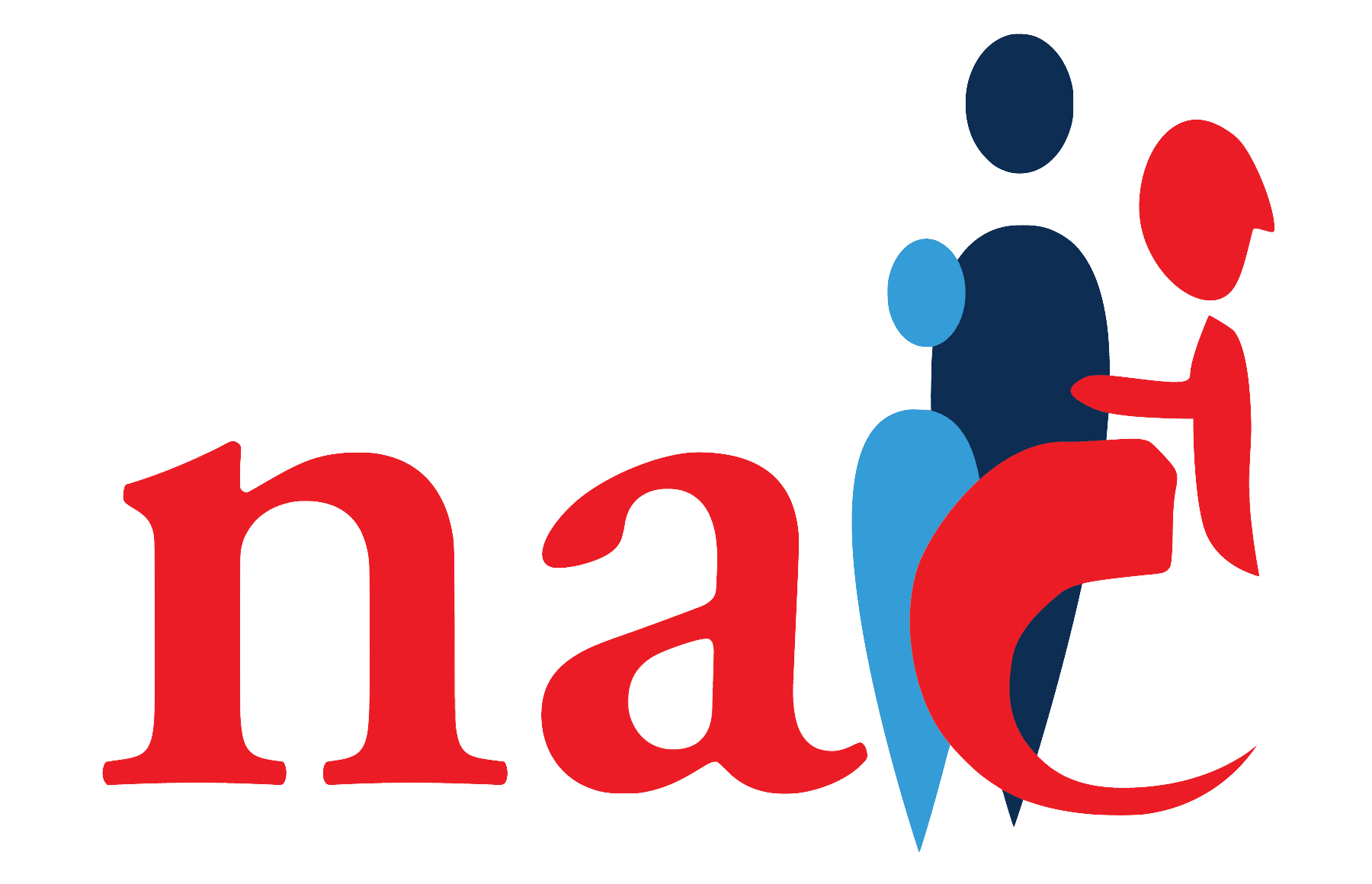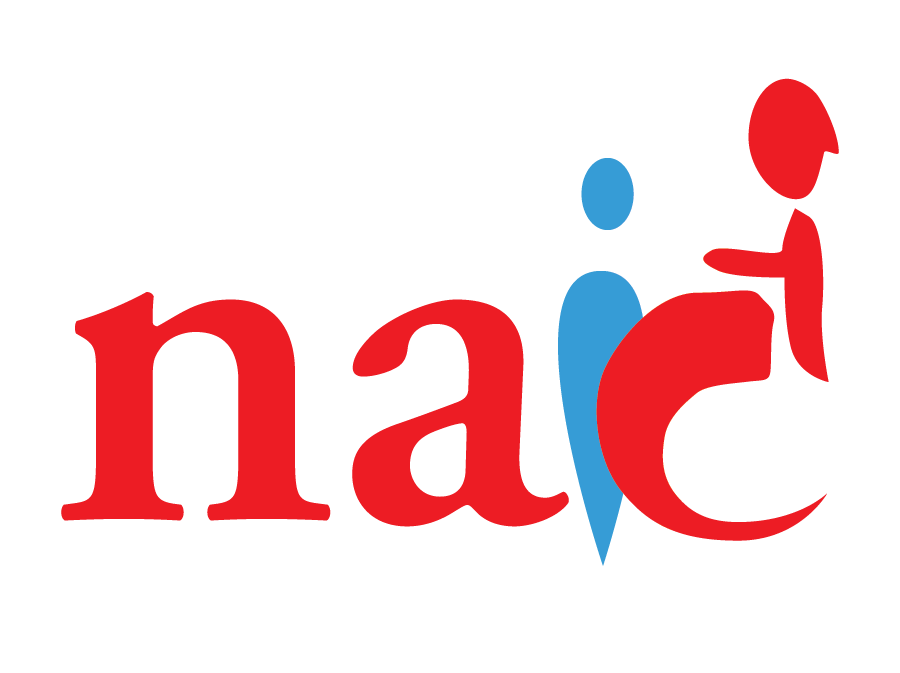
Today, on National Family Caregivers Day, I’m reflecting on the often-overlooked relationship between family caregivers and direct care workers.
I grew up watching my mom navigate my grandmother Jovita’s care. She lived with multiple chronic conditions that required constant attention. My mom shouldered the bulk of this responsibility but over the years she had help from dedicated home health aides that made it possible for her to raise three kids while working full time. Despite this workload, she made it to our kickball and little league games. This outside help was essential to our family’s care equation.
It’s because of this experience I know that family caregivers and direct care workers are partners in our caregiver nation. Today’s an opportunity to recognize and celebrate this reality.
Family caregivers are our spouses, children, siblings, and friends. They’re husbands and wives standing by their partners through illness, professionals juggling work and caregiving, grandparents raising grandchildren due to unforeseen circumstances, and young people stepping up for their parents and siblings.
In many instances, alongside these family caregivers are direct care workers. Often immigrants and women of color, these professionals provide essential in-home care, companionship, and medical assistance. Their dedication fills gaps, allowing family caregivers to work, maintain their own health, and simply take a breath.
Theirs is a symbiotic relationship. Family caregivers offer emotional support, cultural understanding, and deep knowledge of their loved one’s needs. Direct care workers bring their expertise, ensuring medication adherence, safe transfers, and daily activities are managed. Together, they create a holistic care ecosystem that supports dignity and well-being.
Yet, challenges abound. Many family caregivers experience financial strain, emotional exhaustion, and isolation. Direct care workers face low wages, inconsistent benefits, and high turnover rates. These issues threaten the quality of care and jeopardize the sustainability of both roles.
But there’s hope! Policy changes can make a real difference. Expanding respite care programs, offering paid family medical leave, and increasing access to support groups can make caregiving more sustainable. Investing in fair wages, career pathways, and training improves the lives and retention of direct care workers.
NAC is bringing this vision to life through two new initiatives:
- Together in Care: In partnership with PHI – and supported by The John A. Hartford Foundation – we are increasing awareness of the interconnected challenges family caregivers and direct care workers face, and we are advocating for policy solutions to support this relationship.
- Direct Care Workforce Strategies Center: Led by the National Council on Aging, we are joining partners across the aging community to support the nation’s direct care workforce by providing critical resources, tools, and training to direct care professionals and the organizations that serve them.
So, on National Family Caregivers Day, let’s not just celebrate caregivers, but commit to action in support of their contributions. Join the dialogue, contact your elected officials, and support organizations advocating for change. Together, we can build a stronger, more equitable caregiving ecosystem.
Join us in amplifying National Caregivers Day by following us on our social media channels. Here’s our social toolkit to get started.


Jason Resendez
President and CEO of the National Alliance for Caregiving

